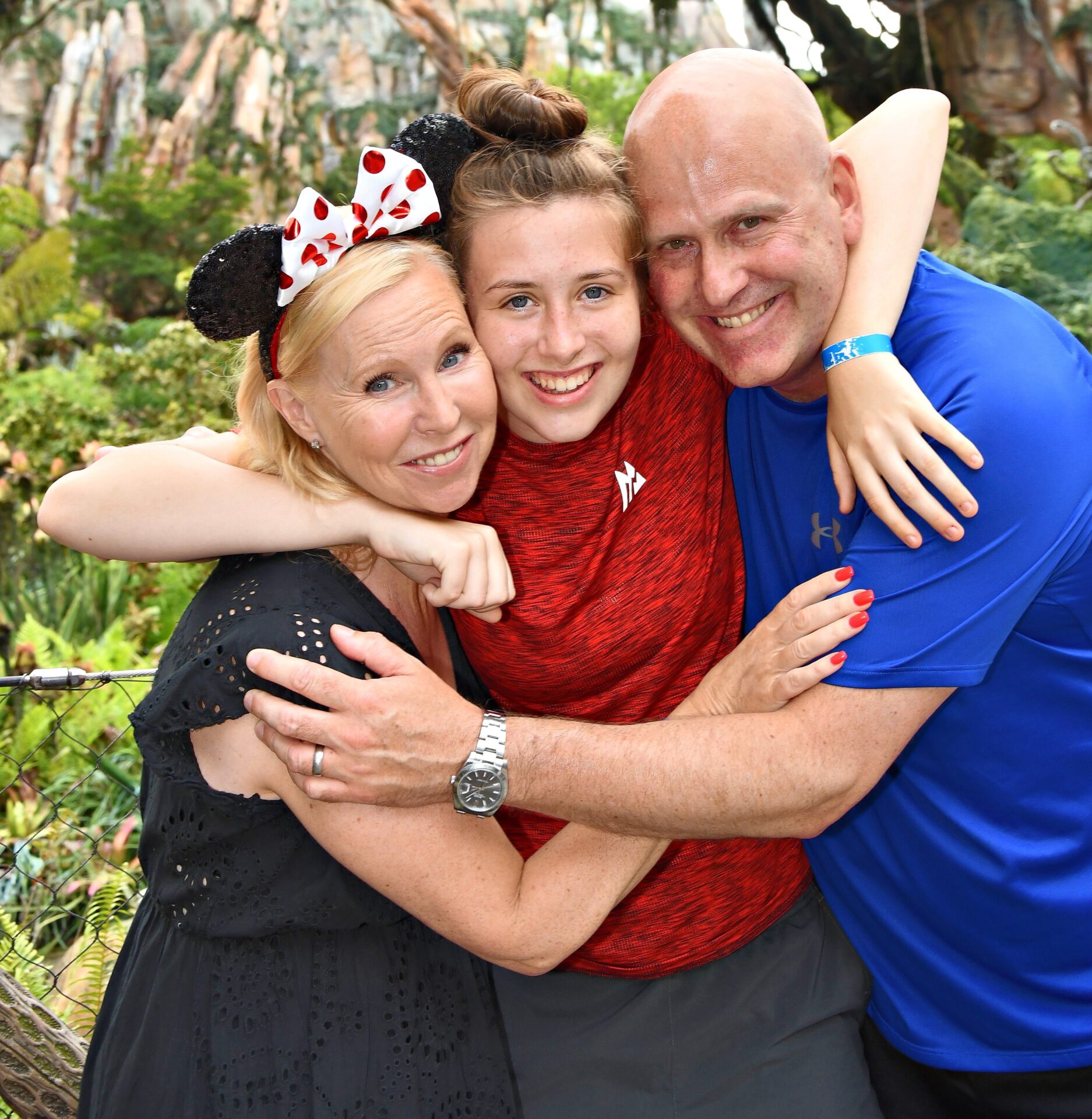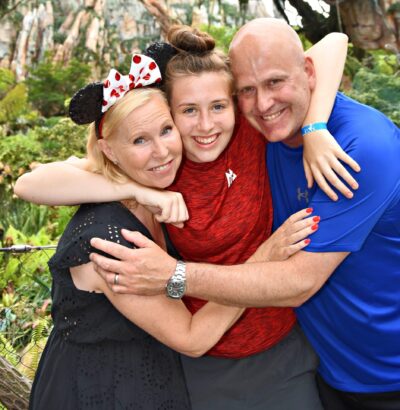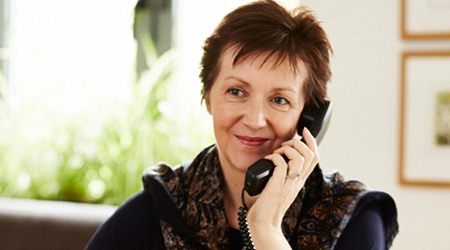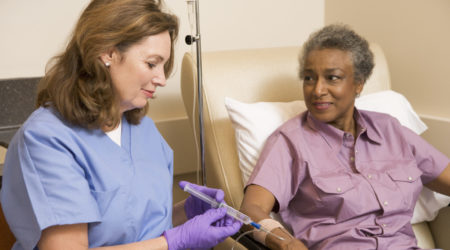



Amanda
Amanda was 51 when she was diagnosed with stage 2 pancreatic cancer. She had surgery and chemotherapy and is now having more chemotherapy following a recurrence of the cancer.
My diagnosis journey
My cancer journey really started months before my diagnosis but as I didn’t know the typical symptoms, I never thought about it. I wish I knew the signs earlier. Whilst on holiday with my daughter, Katie, in October 2020 I started to get really itchy skin and was feeling very tired too. I took antihistamines and slept a lot. I just assumed I had prickly heat from the sun and was tired because I’d been working hard. However, when I got home back to a centrally heated house, my body felt like it was on fire and the itchy skin just wouldn’t go away. I knew this wasn’t normal and went on Google. Straight away I recognised these and other common cancer symptoms – pale floaty poo, itchy skin, extreme tiredness, weight loss.
I decided to call my GP. She prescribed stronger antihistamines, but these did nothing so after another 3 days I returned to my GP and told her I wasn’t happy and that I thought my eyeballs were looking a little yellow. She agreed to do a blood test. The next day my GP phoned me to say my blood tests were all abnormal and to attend A&E. I was examined and scanned and then admitted to hospital on the assumption I had pancreatic cancer.
A really difficult time
I was alone in hospital when I was told the news that I had Stage 2 pancreatic cancer. As this was during Covid, no visitors were allowed. I had a 14 year old daughter who was obviously upset and wanted to see me. My mother-in-law had fallen ill and was dying of Covid in another local hospital. My family’s life had been turned upside down. I then caught Covid in hospital.
Treatment for the cancer
The tumour was also blocking my bile duct so a temporary drain was put in whilst I recovered ahead of my Whipple operation. I had the Whipple in January 2021, and I can’t praise the specialist nurse and surgeons enough.
In March 2021 I started 12 cycles of Folfirinox. Unfortunately, I didn’t tolerate the chemo very well (bad stomach cramps, diarrhoea, nausea /sickness, neuropathy in my feet), so they reduced my dose. After 6 cycles they completely removed Irinotecan as my stomach wasn’t coping well. I didn’t like doing this though as I felt I wasn’t giving my body the best chance to fight cancer but I’m glad I did in the end although I took a lot of convincing!
My chemo finished in October 2021, and I was told there was no evidence of any other disease.
The symptoms returned
Around December 2022 I noticed that my appetite wasn’t the same and I felt full all the time. I was scanned but nothing showed up. By February 2023, the fullness feeling was most of time and whilst I was on holiday I was physically sick after an evening meal. I also noticed that I had really bad indigestion and acid reflux, had lost weight and my poo was pale and floaty. I knew my cancer had returned. I informed my specialist nurse and had a CT scan & gastroscopy procedure. My stomach still contained food even though I’d fasted for 48 hours. They found a soft tissue blockage on the other side of my stomach. I was fortunate that the scan revealed this was a localised recurrence and I had a gastric bypass type operation in April 2023 to remove the blockage which was later confirmed to be pancreatic cancer. I’m now starting Folfirinox again. I will continue to fight it as long as I can, I’m willing to try anything that might prolong my life and refuse to give up.
Looking for clinical trials
I used the PCUK website a lot initially to find out about the disease and the treatments that I could have. Since the cancer came back, I’ve used the website to find out about clinical trials that I might be able to take part in. Knowing there might be some new research and trials going on that I could possibly be part of gives people like me some hope.




